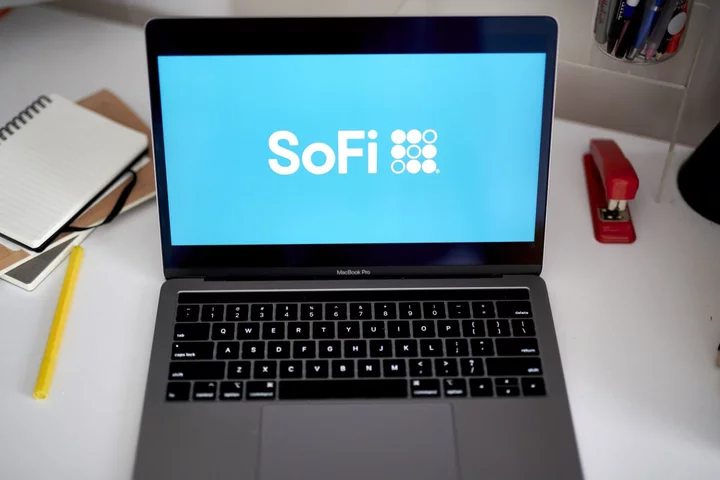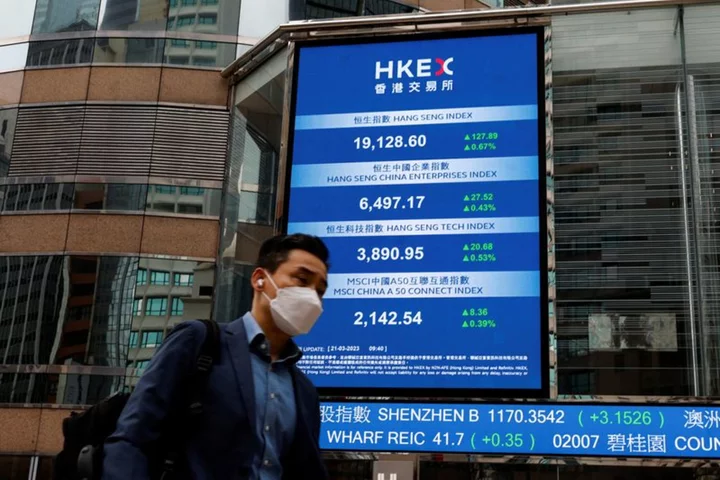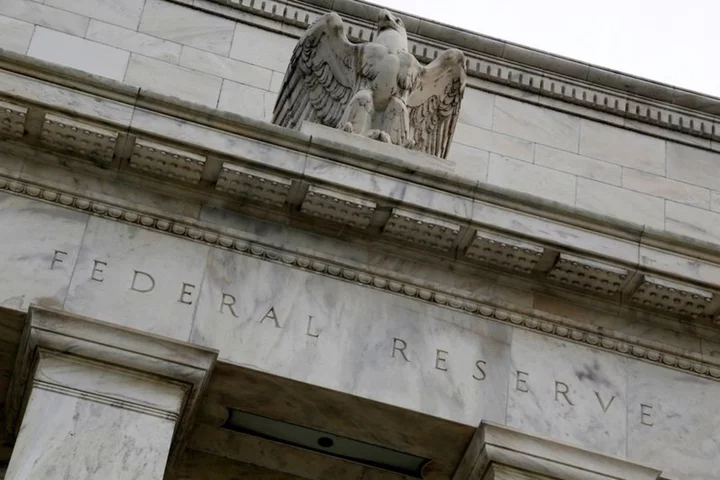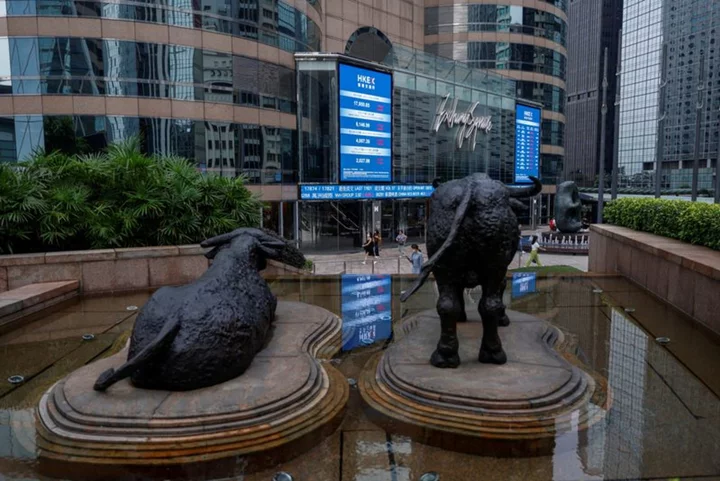A trio of Wall Street bulls have moved to the sidelines on SoFi Technologies Inc. this week after a blistering rally drove the online lender’s stock to double this year.
A few weeks ago, legislators struck a US debt-ceiling deal that included the restart of student loan payments, sparking a surge in SoFi’s stock. The gains pushed it past the target levels of many Wall Street analysts, and the higher share price has now driven at least three firms to pull back their bullish recommendations, with Piper Sandler, Oppenheimer and BofA Global Research all cutting to hold-equivalent ratings.
“The change in our rating is primarily due to valuation,” Piper Sandler analyst Kevin Barker wrote in a Friday note, downgrading the stock to neutral from overweight. “We continue to believe SOFI will be a long-term winner with the company generating outsized growth within a valuable customer cohort.”
The stock stretched its 2023 rally to 111%, closing at $9.74 on Wednesday — its highest closing level since April 2022 — which was more than a dollar above the average price target on Wall Street. That created a conundrum for analysts, most of whom were bulls at the beginning of the week.
Shares dropped nearly 10% on Friday, extending the retreat that started a day earlier when shares fell 2% in the wake of an Oppenheimer downgrade that snapped nine-straight days of gains. That streak had been its longest on record.
Read More: SoFi Rallies to Record Streak as Student Loan Overhang Eases
Oppenheimer analyst Dominick Gabriele downgraded the stock to the hold-equivalent recommendation of perform from outperform, citing the “epic” rally year-to-date that’s far outperformed the broader market. Gabriele said that investor sentiment over the stock could shift based on worries over credit deterioration, leading to a better entry point for the stock.
Friday morning, BofA Global Research analyst Mihir Bhatia joined the wave of downgrades, cutting the stock to neutral from buy. SoFi’s student loan refinancing business is its oldest and most profitable business, he said in a note. However, the company’s outlook for the year already assumed an end to the payment moratorium, therefore the analyst doesn’t expect a major cycle of earnings revisions.
“While we agree the payment moratorium expiry is a positive, we now see the positive fundamental aspects of the story as largely priced in,” Bhatia wrote.
--With assistance from Thyagaraju Adinarayan, Joel Leon and James Cone.
(Updates for market close in paragraph five and chart.)









